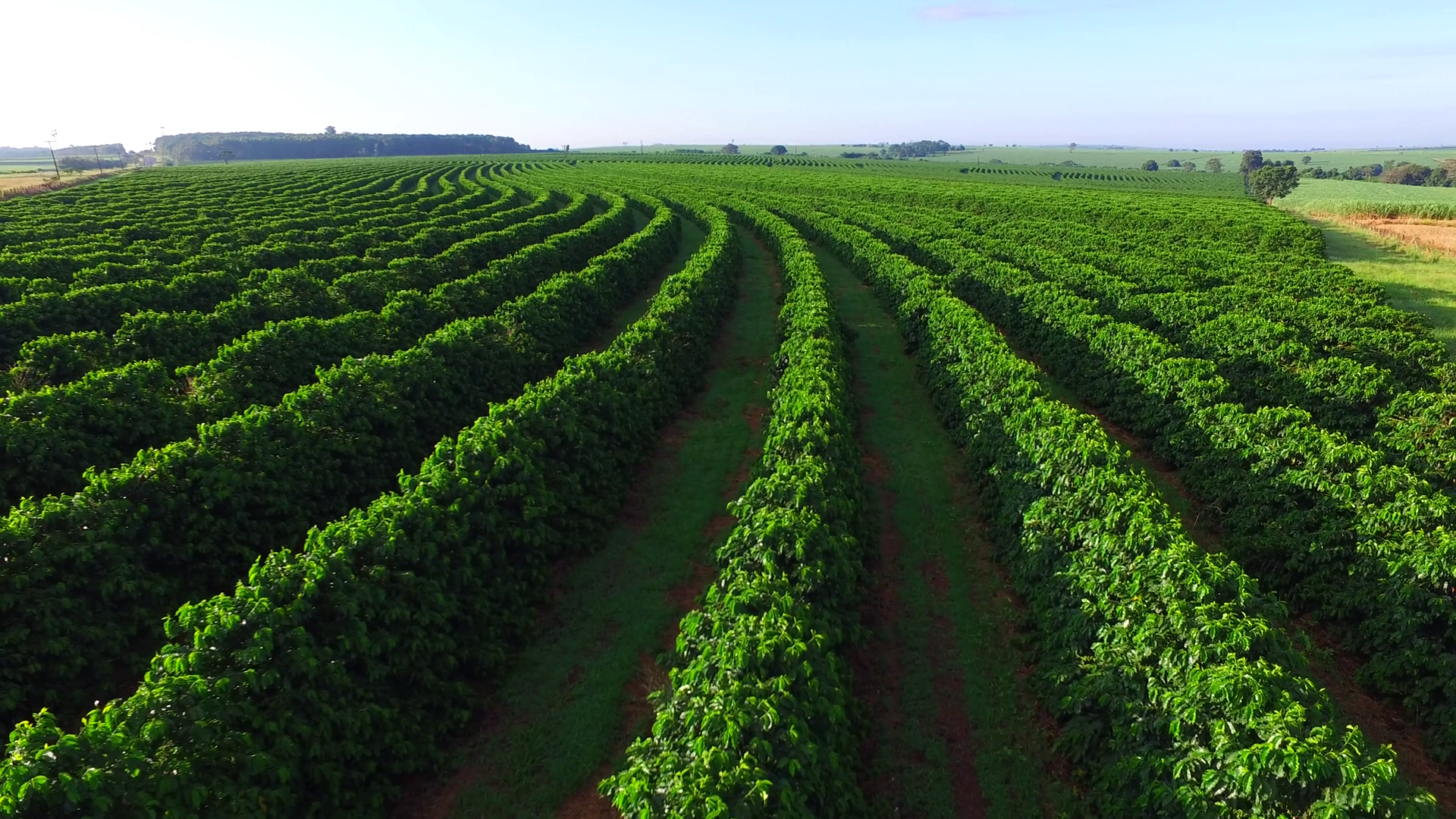By Richard Mann
RIO DE JANEIRO, BRAZIL – A project in southern Rio de Janeiro State is encouraging historic farms to resume coffee production. The properties are located in a part of the “Mar dos Morros” region popularly known as the “Vale do Café”, which, over 150 years ago, produced almost 80 percent of all the coffee in the world.

With an initial investment of R$20,000 (US$5,000), those properties that were only working as tourism sites are currently starting to explore the planting of coffee.
Leda Maria Barreto, SEBRAE analyst, explains that the initial goal is to introduce visitors to the coffee production cycle and, in the end, enjoy the drink produced at the coffee plantation they visit.
The money is used to buy seedlings, to analyze and fertilize the soil, and to install a drip irrigation system. The proposal, in its initial phase, is to produce only enough for visitors’ consumption.
Five farms are part of the itinerary and another ten are interested in joining. The coffee plantations cultivated two years ago are yielding their first crop.
Josefina Durini, owner of Fazenda Aliança, in Barra do Piraí, was one of the first to embrace the new coffee plantation project and is happy with the results. She says that many tourist groups, among them European, have started to seek information about the farm visits.
Formerly focused only on tourism, the properties are being adapted to production. Fazenda União, in Rio das Flores, turned a tennis court into a yard for drying grains.
Mario Vasconcellos, the owner of the property, says the demand for accommodation has increased by approximately 20 percent. On two hectares of land, he planted nine thousand “catuaí” seedlings, one of the most appreciated specialty coffee varieties.

